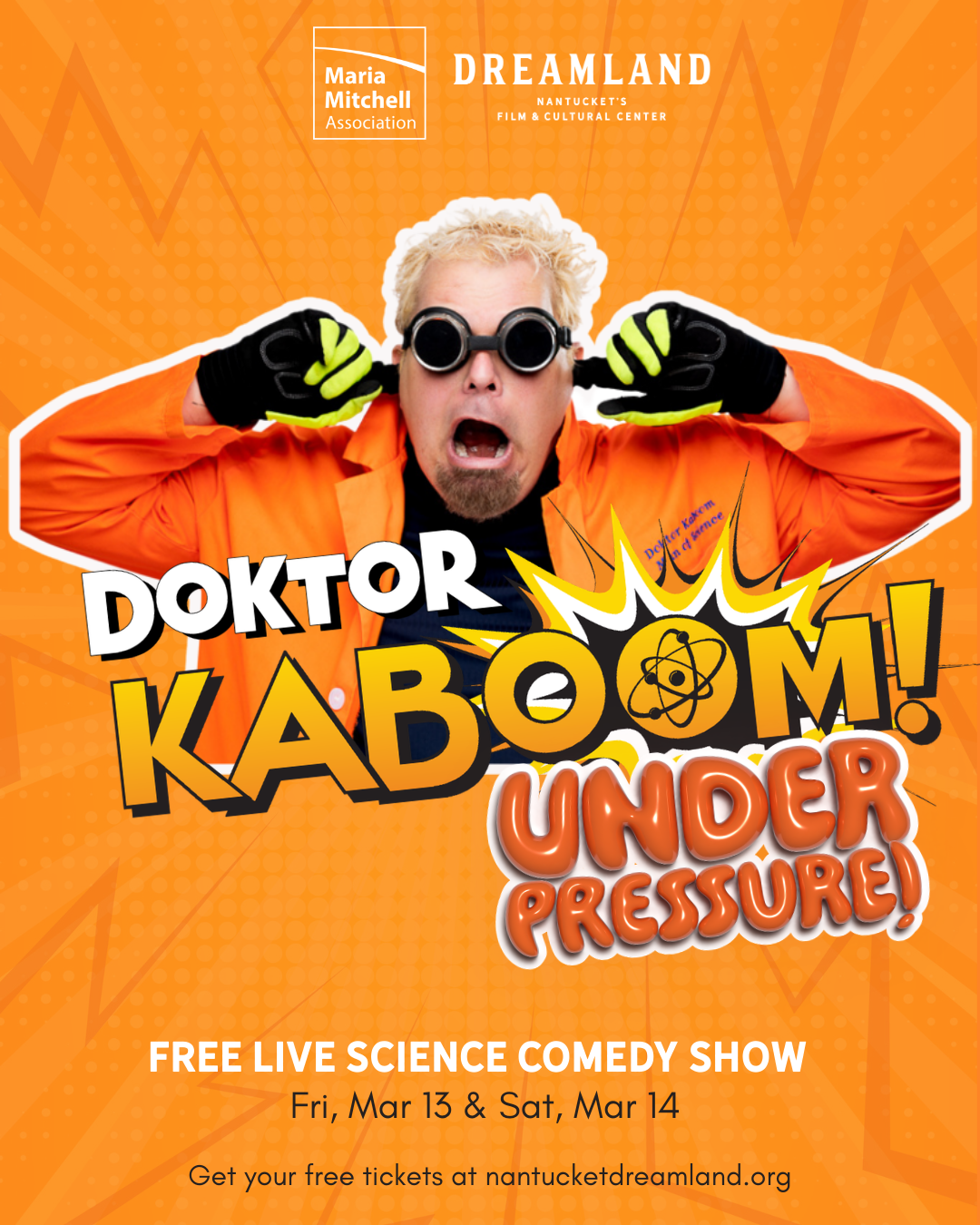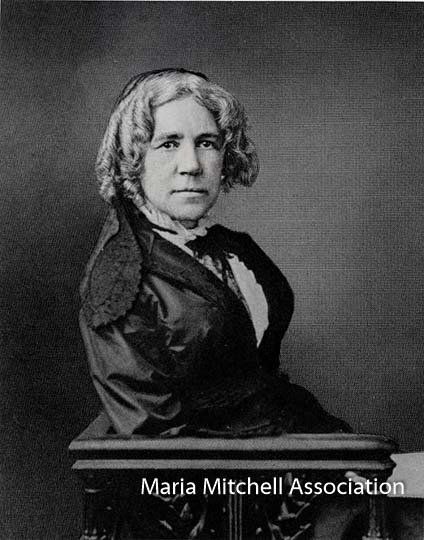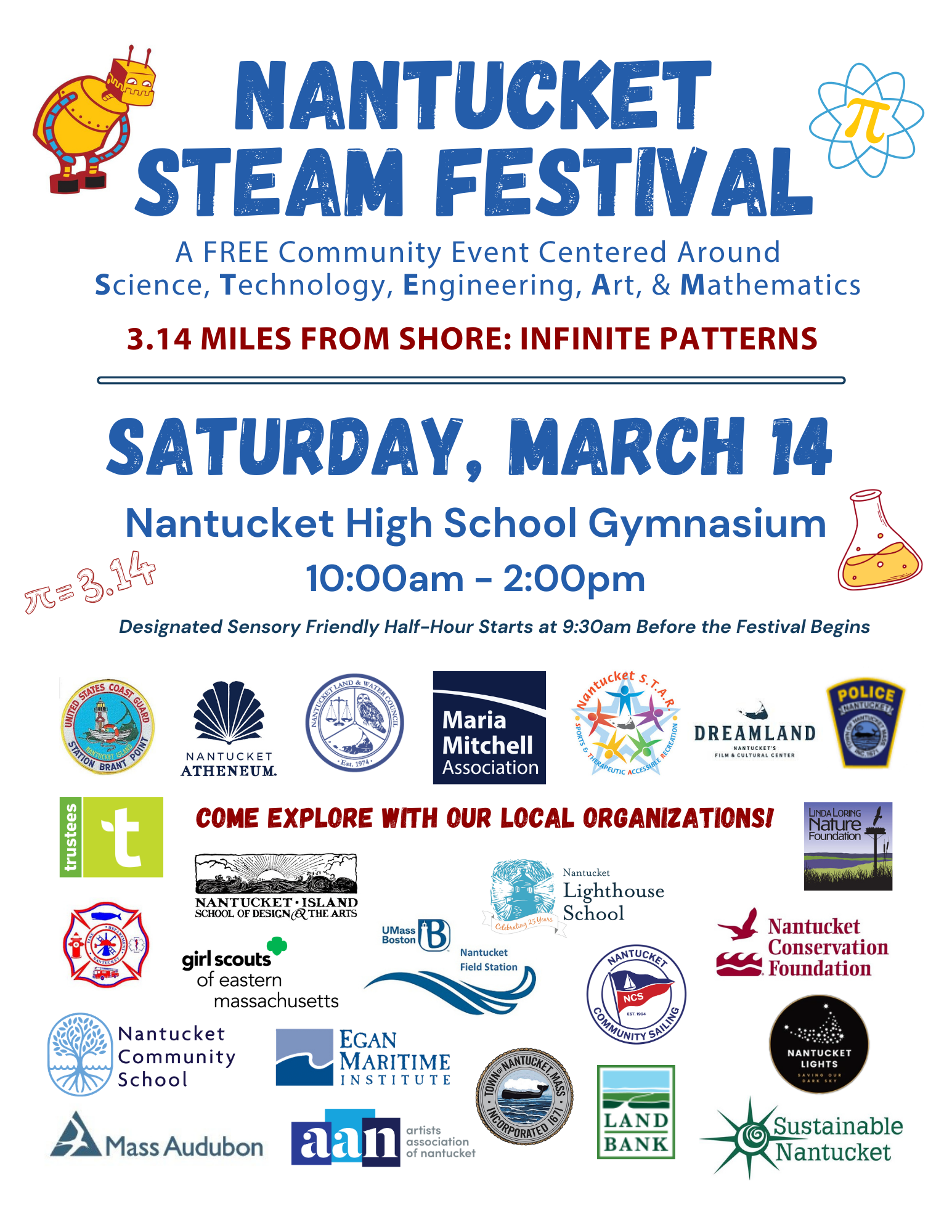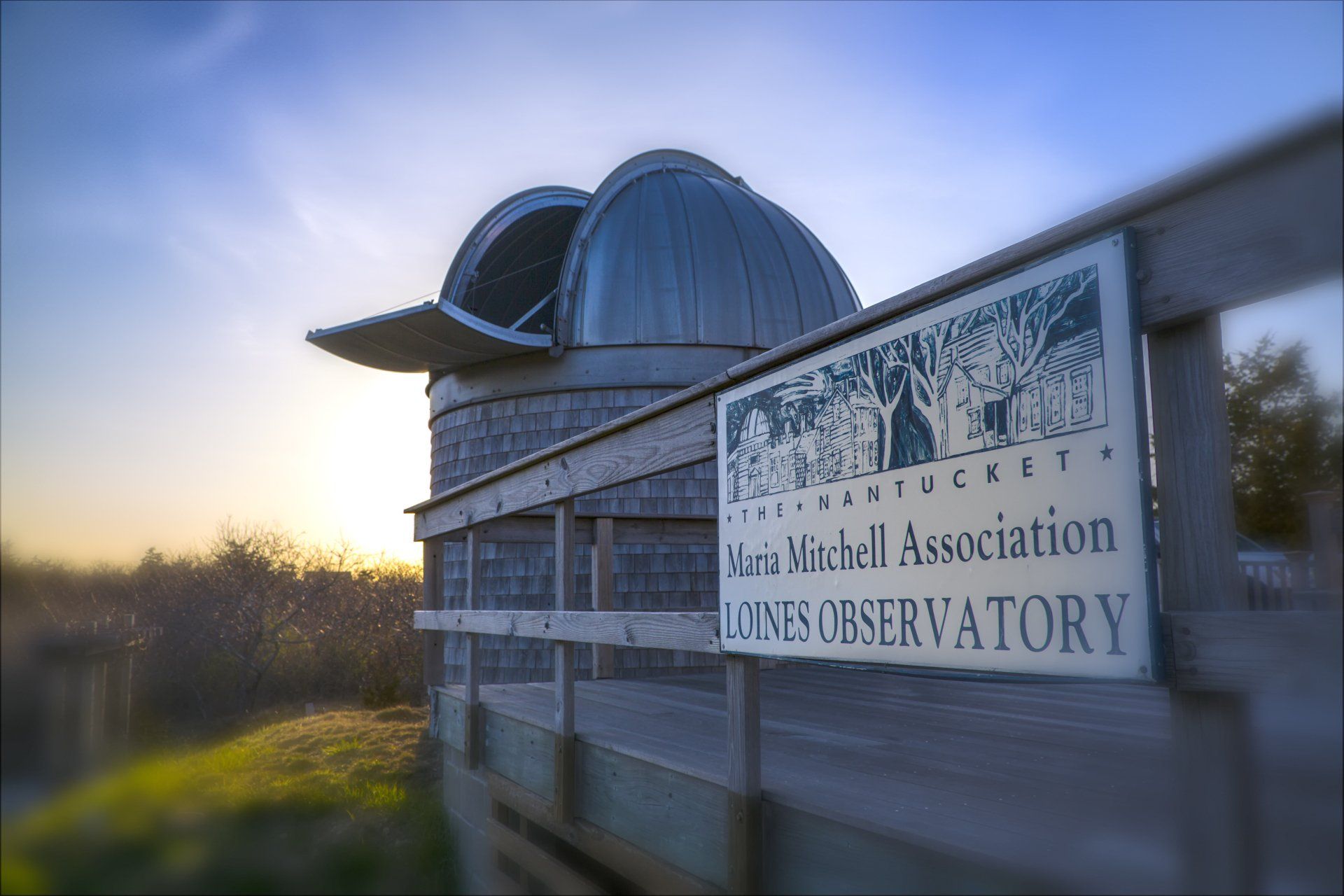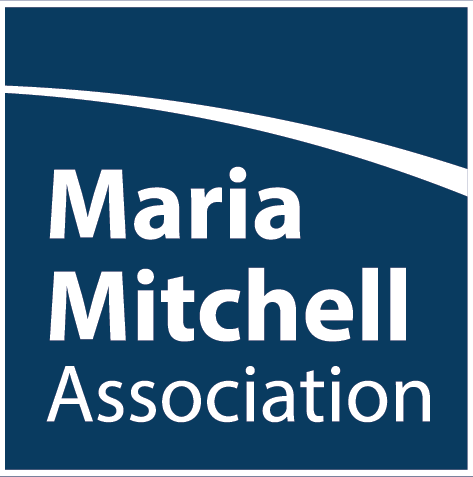Keep Calm and Bird On: October 2023
“If you don’t look, you don’t see. You have to go and look.”
-Edith Andrews
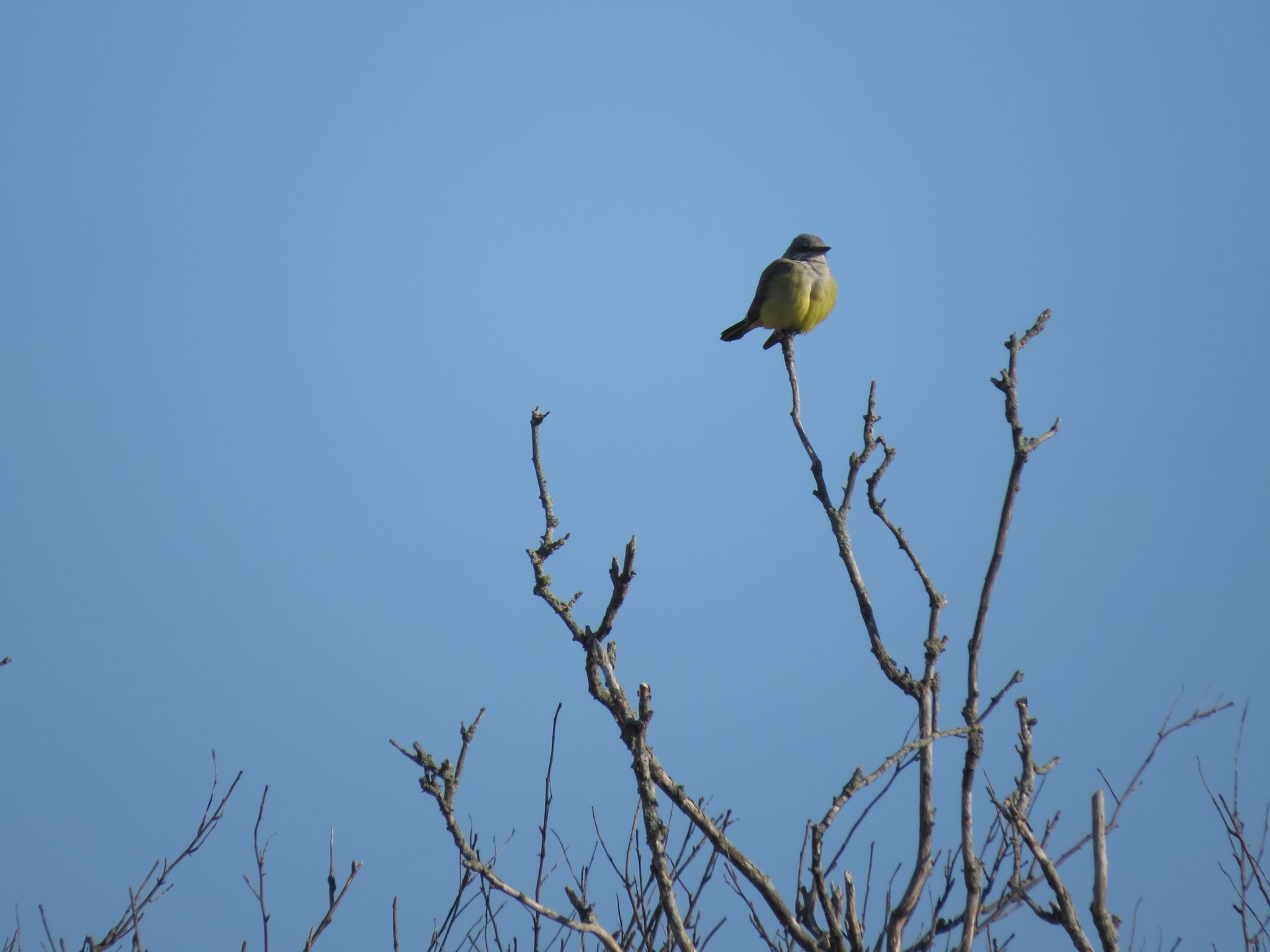
There’s no doubt about it, birding in the fall gets more challenging. Immature migrants lack the bold colors of the breeding season. But on top of that, they aren’t singing, either. And their contact calls or "chip" notes can be hard to distinguish. So it can be a difficult time to begin. But focus on the common birds. Then, if something looks "different" somehow, get a photo, write a description, or do a field sketch. These will all help you become a better birder. And don’t neglect new technology, too.
The "Merlin" app has revolutionized birding by ear. It is not perfect, but does add an extra dimension to check up on your visual ID’s. It can also be used for a fun project. Recently Jeremiah Trimble, the eBird authority for our area, commented that Fish Crows have never been properly documented on Nantucket. Someone hears one, or more, at least once a year, and their call is distinctive. But in all the time we have been hearing them, no one has recorded the call here and sent it in to the Lab of Ornithology. As new techniques become more available, science has stricter requirements for what constitutes evidence. And without the voice, Fish Crows are just about impossible to distinguish from our much more common American Crows. Yet they are common on Cape Cod. Perhaps the local crows chase off interlopers before they can become established. But we know they come here, even if the algorithm doesn’t believe us.
It's hard to get a cell phone recorder close enough to record the “Uh-Oh” sound of a Fish Crow. But as you go about your daily activities, pay attention to crows. If you hear one that sounds different, try to record it. It could help stop the algorithm from spitting out our Fish Crow sightings—or no, make that “hearings.” Bird on!cessity.
With some shorebirds threatened or endangered, our Nantucket observations make an important contribution to understanding, and ultimately protecting, these resources. For the second year in a row, a Whimbrel named “Thimble,” tagged in the Arctic National Wildlife Refuge by Manomet Bird Observatory, made a stopover of several days in and around Nantucket Harbor. But satellite tagging is only part of what it takes to identify critical areas. Just following one individual is not enough. In order to gauge importance, we also need numbers. Birds nesting on Nantucket like American Oystercatchers and Piping Plover are monitored from arrival to departure. But what of birds just passing through? How many Whimbrel, or Yellowlegs, or Black-bellied Plover, are here? So although counting can be tedious, it is a valuable exercise. And one good thing about shorebirds: they hold still longer than those confusing fall warblers.
Photo by Photo by Ginger Andrews
Recent Posts
